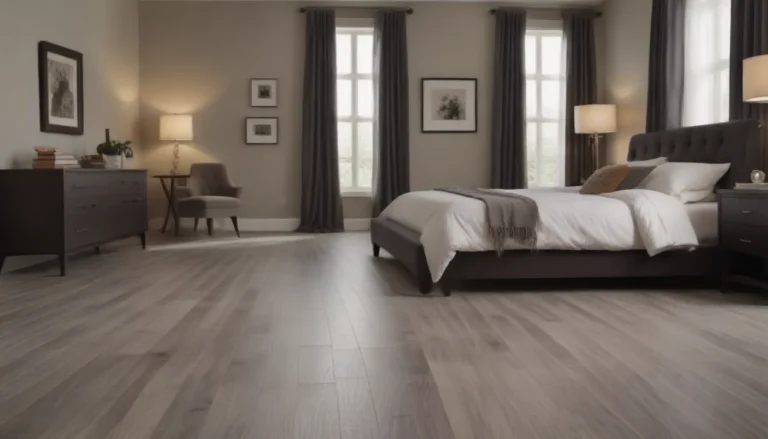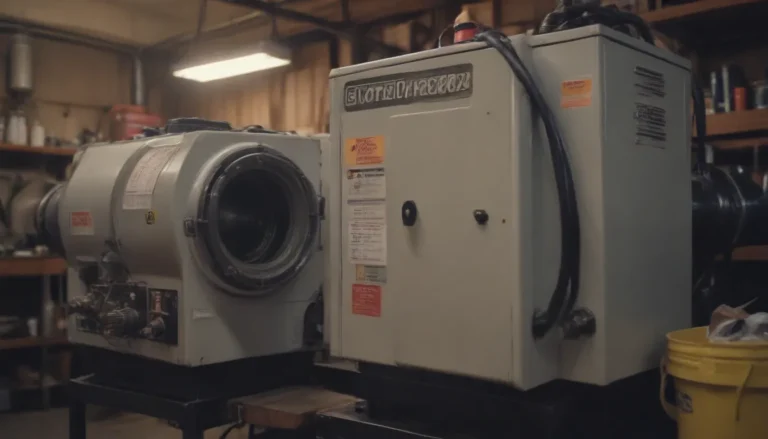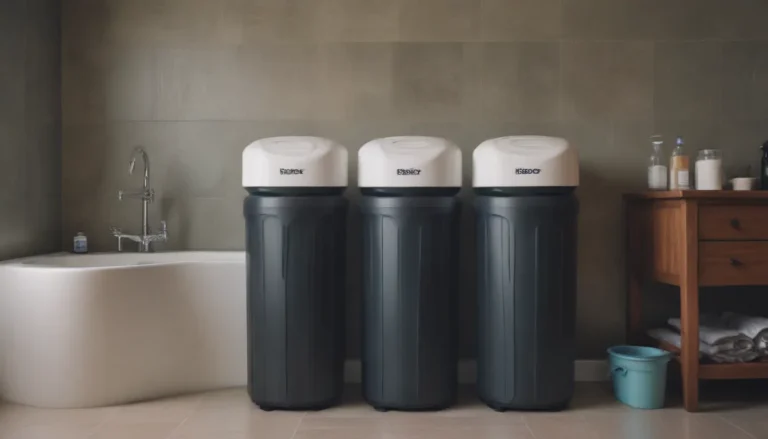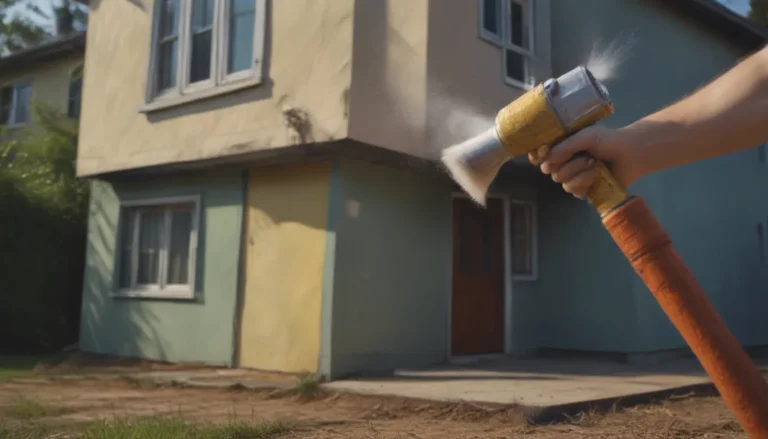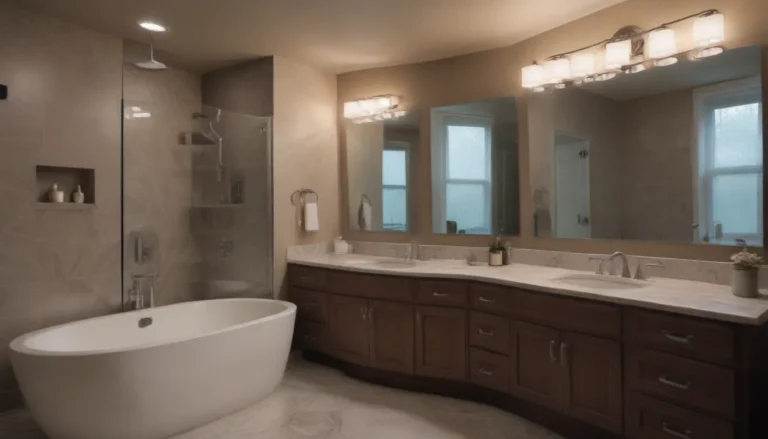9 Types of Air Conditioners and How to Choose the Right One for Your Home
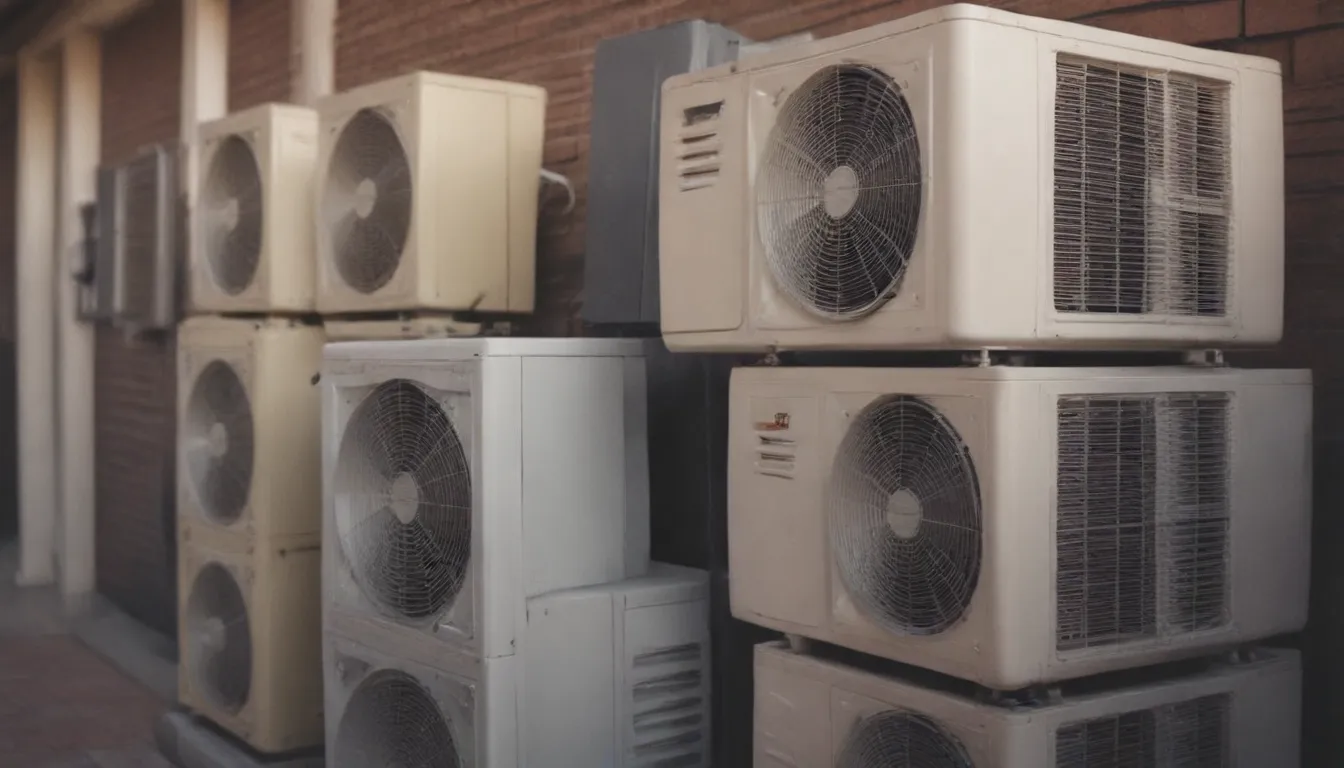
Air conditioning is a crucial component of keeping your home comfortable, especially during those scorching hot summer months. With so many types of air conditioners on the market, it can be overwhelming to choose the right one for your space. From portable units to central air systems, each type has its own set of pros and cons. In this comprehensive guide, we’ll explore the different types of air conditioners available for your home, the considerations to keep in mind when choosing one, and how to determine which type is best suited for your needs.
Types of Air Conditioners
Central Air Conditioning
Best for: Cooling entire homes
Central air conditioning systems are the largest and most expensive type of conventional air conditioner. They consist of two units—the condensing unit and the evaporative unit—connected by refrigerant tubing. Central air systems use the same ductwork and blower fan as your heating system, making them effective at cooling entire homes. When installing a central system, it’s crucial to ensure the system is appropriately sized for your space to prevent inefficiencies. While these systems are complex and expensive, they are highly efficient at cooling larger areas.
- Efficiently cools entire homes
- Noisiest parts are outdoors
- Complex installation and expensive
- Must be appropriately sized for space
Window Air Conditioners
Best for: Cooling single rooms or small spaces
Window air conditioners, also known as unitary systems, are self-contained units that are placed in a window or through an exterior wall. These units are affordable and easy to install, making them a popular choice for cooling individual rooms. However, they are not suitable for larger spaces and can be noisy compared to other types of air conditioners.
- Can cool a room or small home
- Inexpensive and easy installation
- Not ideal for large spaces
- Moisture might drip on the floor
Portable Air Conditioners
Best for: Temporary cooling or non-window options
Portable air conditioners are mobile units that can be placed on the floor inside a room. They are a cost-effective solution for cooling spaces under 500 square feet where window units are not practical. Portable air conditioners require periodic maintenance to empty condensed water reservoirs and are noisier than other types of AC systems.
- Can be moved to where cooling is needed
- Inexpensive and simple to set up
- Not ideal for large spaces
- Noisy
Ductless Mini Split Air Conditioners
Best for: Homes without an HVAC system
Ductless mini split systems, also known as split systems, consist of an outdoor condensing unit and an indoor evaporative unit connected by refrigerant tubing. These systems are popular for homes without existing ductwork and offer both cooling and heating functions. While installation can be complicated, ductless mini splits are more affordable than traditional HVAC systems.
- Less expensive than HVAC system installation
- Can provide cooling and heating to homes
- Installation can be complicated
- Not easily removed and not recommended for renters
Floor-Mounted Air Conditioners
Best for: Quick cooling for specific areas
Floor-mounted air conditioners, also known as through-the-wall systems, are positioned low on walls near the floor for quick cooling of specific areas. These units are energy-efficient and provide easy access for maintenance but may result in uneven temperatures in the room.
- Energy efficient
- Cools down a space quickly
- Sleek and discreet
- Easier access for maintenance
Smart Air Conditioners
Best for: Remote temperature control
Smart air conditioners allow for convenient temperature control using Wi-Fi connectivity and mobile apps. These units can be programmed to maintain desired temperatures efficiently, reducing energy consumption and costs. While they offer continuous comfort control, they may be more complex to set up and maintain.
- Energy-efficient
- Continuous comfort control
- App-based controls
- More parts to maintain and troubleshoot
Geothermal Air Conditioners
Best for: Sustainable heating and cooling
Geothermal HVAC systems use renewable energy sources to transfer heat and cool your home. By circulating fluid through pipes buried in the ground, these systems are energy-efficient and sustainable. While geothermal systems require substantial upfront costs, they offer long-term savings and minimal maintenance.
- Requires little maintenance
- Uses substantially less electricity to run
- Extremely safe source of heating and cooling
- Not suitable for every property
Dual Fuel Air Conditioners
Best for: Homes without access to natural gas
Dual fuel HVAC systems combine two fuel sources to heat and cool homes efficiently. These systems are environmentally friendly and ideal for rural areas without access to natural gas. While dual fuel systems can offset propane or oil costs, they are costly to install and may not be suitable for all properties.
- Offsets propane or oil fuel costs
- Environmentally friendly
- Extremely costly to install
- Difficult to convert existing systems
Evaporative Air Conditioners
Best for: Dry, arid climates
Evaporative air conditioners, also known as swamp coolers, use water evaporation to cool the air. These systems are energy-efficient, adding moisture to dry spaces. While evaporative coolers are suitable for hot, arid climates, they are not recommended for humid regions.
- Consumes very little electricity
- Adds moisture to dry spaces
- Professional installation for large systems
How to Choose an Air Conditioner
When selecting an air conditioner for your home, consider the following factors to determine the best option for your space:
- Size of Space: Choose an air conditioner based on the square footage of the area you need to cool. Portable and window units are suitable for single rooms, while central air systems are ideal for cooling entire homes.
- Installation Requirements: Consider the ease of installation and whether you are able to install a permanent unit or require a temporary solution.
- Energy Efficiency: Evaluate the energy efficiency rating of each air conditioner to determine its long-term operating costs.
- Budget: Determine how much you are willing to spend on an air conditioning system, considering installation costs, maintenance, and energy consumption.
- Climate: Consider the climate of your region and whether you need a unit with both cooling and heating functions.
While central air systems are the most effective for cooling entire homes, other types of air conditioners offer advantages for specific needs, budgets, and preferences. As technology advances, more sustainable and energy-efficient solutions are becoming available, such as geothermal HVAC systems and smart air conditioners. Assess your requirements and prioritize factors like efficiency, cost, and environmental impact when choosing the right air conditioner for your home.
In conclusion, selecting the right air conditioner for your home is a significant decision that can impact your comfort and energy bills. By understanding the different types of air conditioning systems available, their pros and cons, and how to choose the best option for your space, you can make an informed decision that meets your cooling needs effectively. Whether you opt for a portable unit, central air system, or innovative smart air conditioner, prioritize factors like efficiency, installation, and maintenance to ensure lasting comfort in your home.
